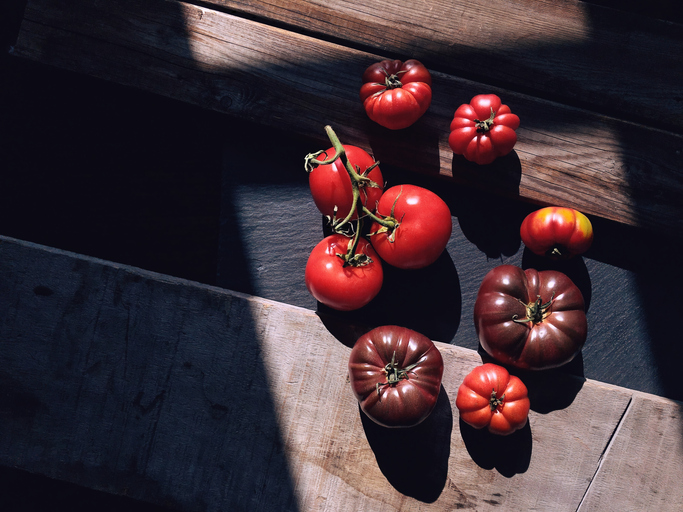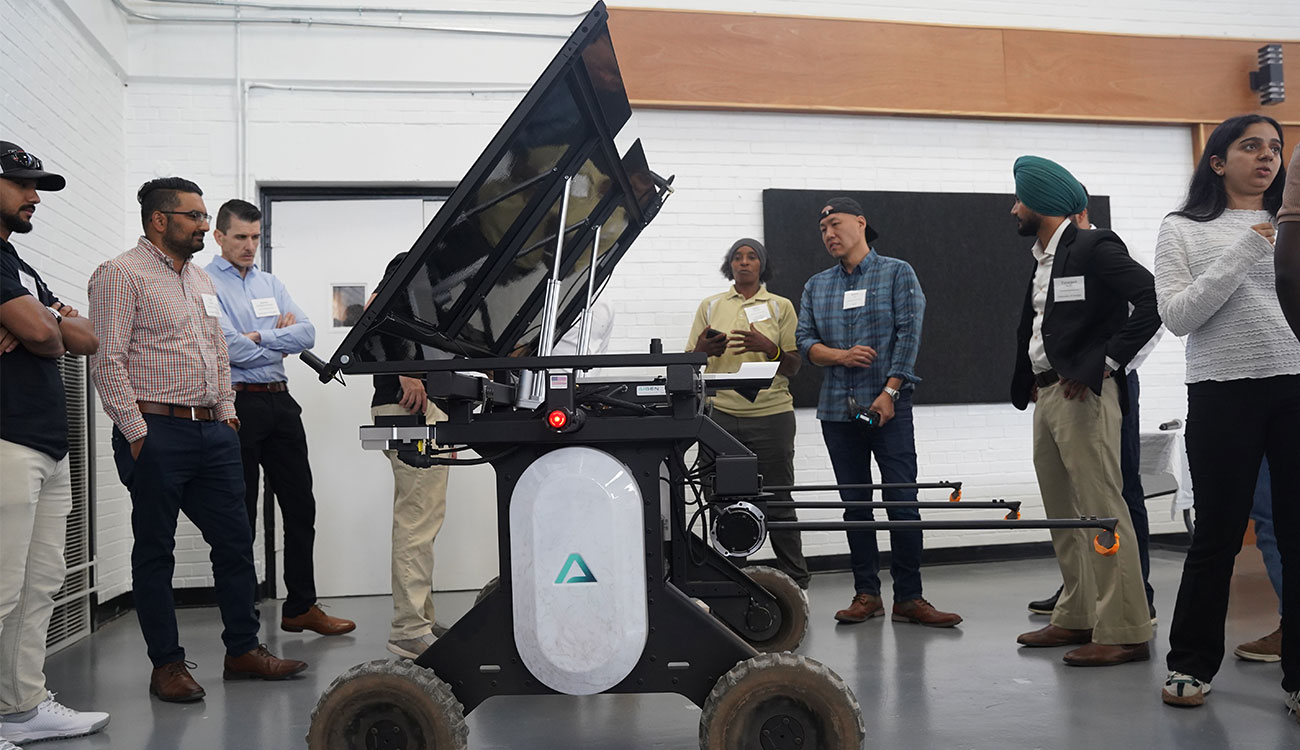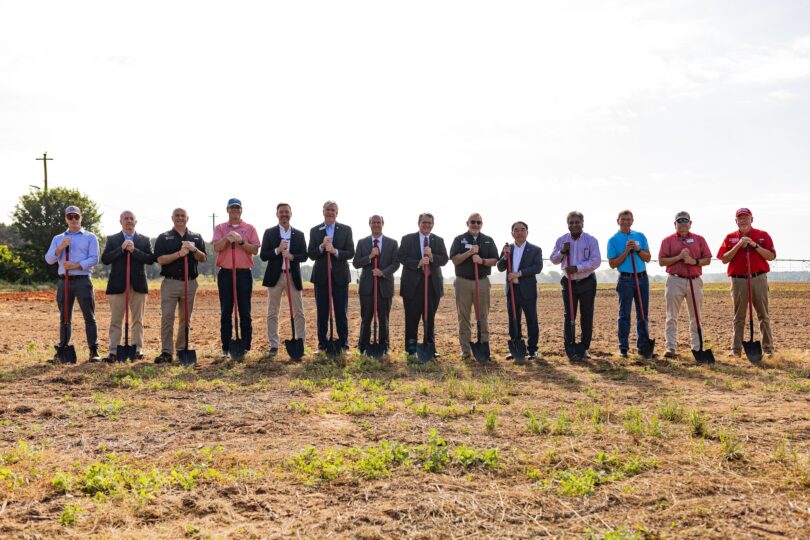In backyards all over Georgia, people can tell which way the wind is blowing just by identifying "that smell."
Landowners are building more homes near farm land. And more farmers are raising hogs and chickens to meet an ever-rising demand.
Farm manure and chemical odors can travel long distances in the wind. We know that. What we don't know is how to control how many odor particles get into the wind.
Monique LeClerc, a University of Georgia environmental physicist at the Georgia Experiment Station in Griffin, Ga., said knowing how the wind affects particles in the air can help reduce the problems caused by wind-borne smells.
She raises a tethered, blimp-shaped balloon to a specific altitude. There it records wind speed, direction and other factors on how the air moves. Recordings taken at various heights and times during the day show remarkable differences.
"(The balloon) provides information on wind patterns that goes into a mathematical model," LeClerc said. "That model tells us how fast materials and gases are transported across the Earth's surface away from the source."
The research is helping LeClerc and her colleagues at the UGA College of Agricultural and Environmental Sciences learn how to help farmers, and others who use farm chemicals, protect the environment and keep neighbors happier.
For instance, LeClerc said chemicals travel much farther downwind at night, when the air has less vertical movement to mix up any suspended chemical particles.
Farmers can make more informed, practical decisions on when to spray pesticides and even fertilizers, she said. This information can also help them decide when to clean out chicken houses or manure pits.
LeClerc said farmers can time these operations to minimize the odor molecules carried downwind.
But not just row-crop and livestock farmers can use this information. Groundskeepers in parks can use it, too. They can learn when to apply pesticides and fertilizers to their lawns and gardens to get the job done and then allow the products to disperse before visitors enter the area.
If chemicals aren't being blown away from where they're applied, they're staying put to do their job. That's a more cost-efficient and environmentally friendly way to use them.
LeClerc's research can also help people who are considering building near a farm. By studying and recording predominant wind patterns, landowners near farms can learn whether their home is in the path of odor drift. That can help them plan better.
"Chicken-manure odor is an increasing problem," LeClerc said. Poultry is the largest income source for Georgia farmers, and demand for poultry products rises every year. As more farmers build poultry houses, more nearby homeowners smell the natural by-product.
But farmers can't control all the smells or the wind. Sometimes, residents just have to accept farm smells as part of country life.






